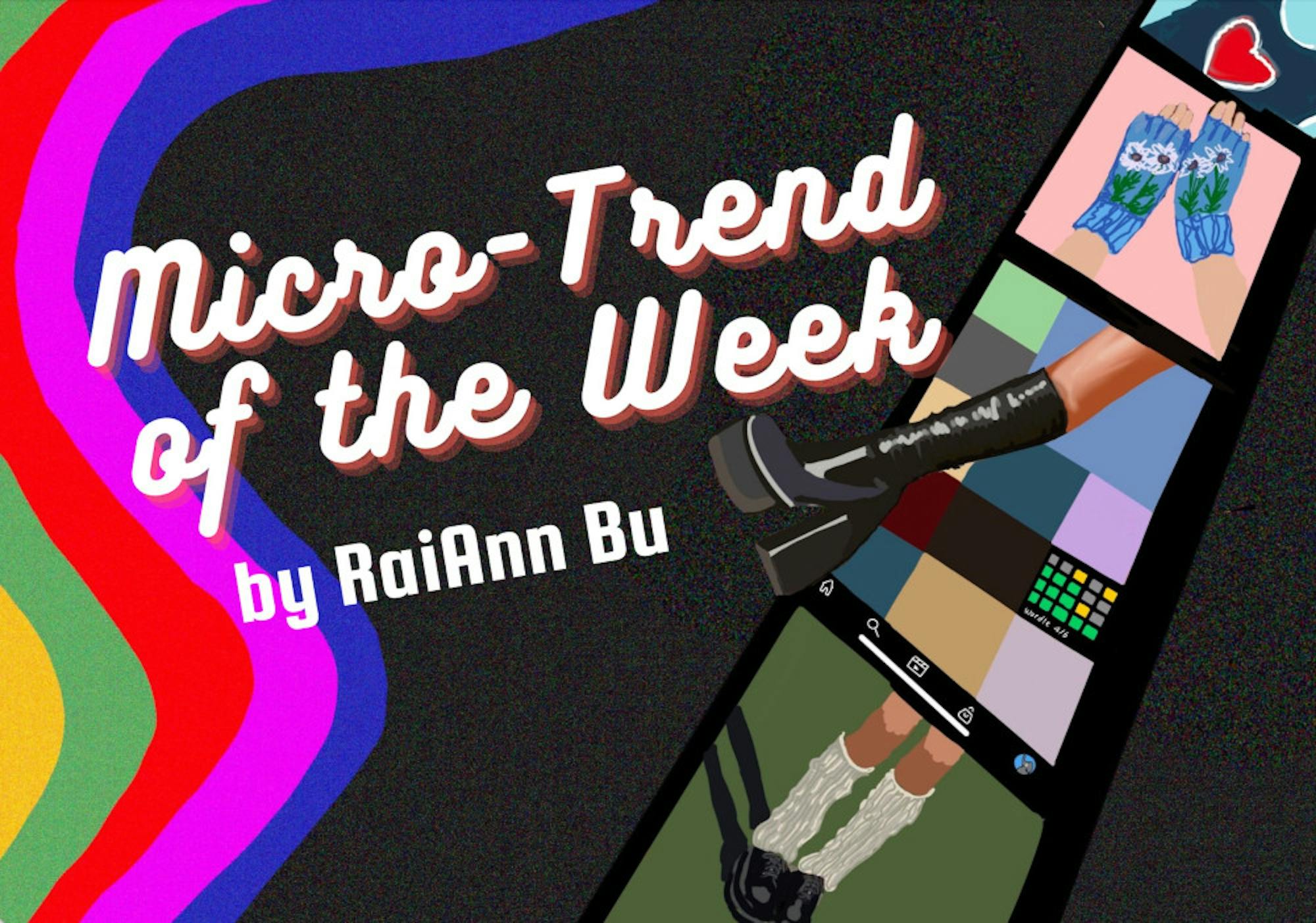In recent marketing and advertising trends, there has been a shift from high production value to an intentionally unpolished bid for authenticity. Ads have become sponsored hauls: an ordinary girl following the familiar template and vernacular of another haul video, seemingly devoid of a secondary motive to sell you a product, or a Twitter screenshot posted on Instagram captioned with “I’M DYING” or “THIS IS SO CUTE,” followed by pictures of some trendy piece of jewelry.In the caption is a much too convenient link to the item and a sheepish #ad hiding in the corner.
This form of marketing imitating authenticity has been on the rise since the growth in popularity of Instagram, TikTok and Twitter as sources of entertainment and the resulting fall of the empire of television. The high production, cleanly shot, studio light-bathed Toyotathon genre of ads have fallen to the wayside in exchange for people in their rooms filming on an iPhone.
My introduction to Mirror Palais was in the form of such covert advertising: an iPhone-shot Instagram post of a supermodel posing in a sparkling dress, as if ripped off from her own Instagram page, captioned, “I NEED THIS DRESS.” It could’ve been a completely ordinary post except for the telling signs of the store written in the caption and the corporate account who posted it @betche.s something or other.
Marketing on the internet comes with the intention of going viral. See the Duolingo owl threatening to kill you or the original: Justin Bieber rising to fame after a viral video. Brands have recognized that in the era of the internet, virality, good or bad, is the best form of marketing. Likewise, they have recognized the power of relatability by its positive correlation to virality. Hence, the insurgence of the Twitter post screenshot ad.
Microtrends are a symptom of this viral culture. Viral pieces by definition are ephemeral, the instant saturation of an item until the bubble inevitably bursts.
Mirror Palais has had a number of pieces go internet-viral. By consequence, they have also suffered from copious knockoffs, reducing their pieces to a momentary trend as the look becomes ‘overdone.’ The “Fairy Dress,” their inaugural viral hit, immediately disseminated onto the likes of Zara and AliExpress.
Mirror Palais’ brand identity revolves around their commitment to small batch production, sustainability, fair wages and handmade quality. Their long creative process and commitment to originality has resulted in wide recognition and popularity for any of their different pieces. However, viral craze has diminished their meaningful brand intentions to a cog in a fast fashion machine.
9/10 Their pieces are so beautiful and well thought out, but I simply don’t have the disposable income. I'M SCREAMING about Mirror Palais.






